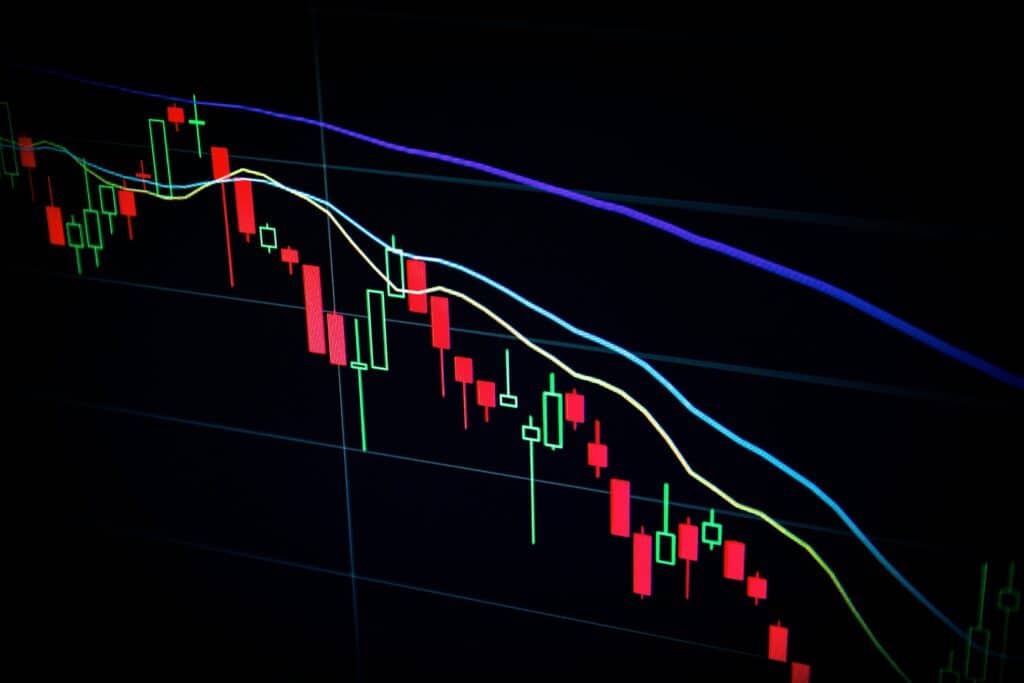In today’s ever-evolving energy landscape, unconventional oil sources have become a pivotal force in the global energy market. Traditional oil trading practices are being reshaped as unconventional oil, including shale oil, tar sands, and heavy oil, gains prominence. This article explores the innovations transforming unconventional oil trading and the key factors driving this transformation. If the prospect of trading oil captures your interest, considering the Oil Zee Star could be a valuable step towards exploring this opportunity.

The Rise of Unconventional Oil
Shale Oil Revolution
The shale oil revolution, particularly in the United States, has significantly impacted global energy markets. Advances in hydraulic fracturing (fracking) and horizontal drilling techniques have unlocked vast reserves of oil trapped in shale formations. This newfound abundance has altered supply dynamics and challenged traditional oil trading models.
Tar Sands and Heavy Oil
Tar sands and heavy oil, often found in Canada and Venezuela, present their own set of challenges and opportunities. These unconventional sources are characterized by their high viscosity and density, requiring specialized extraction and refining processes. Innovations in extracting and transporting tar sands and heavy oil have expanded their role in the global oil market.
Technological Advancements
The growth of unconventional oil trading can be attributed to technological advancements. Improved drilling techniques, enhanced recovery methods, and efficient transportation infrastructure have made unconventional oil production more economically viable.
Traditional Oil Trading vs. Unconventional Oil Trading
Conventional Oil Trading Overview
Traditional oil trading involves the buying and selling of crude oil extracted from conventional reservoirs. The process typically follows established standards and practices, making it relatively straightforward.
Challenges of Unconventional Oil Trading
Trading unconventional oil sources comes with complexities not present in conventional oil markets. These challenges include variability in quality, transportation difficulties, and the need for specialized refining capabilities.
The Need for Innovation
Innovative solutions are essential to address the unique demands of unconventional oil trading. These innovations streamline processes, reduce risks, and create opportunities for market participants.
Innovations in Unconventional Oil Trading
Blockchain Technology and Transparency
Blockchain technology has emerged as a game-changer in the oil trading industry. It offers transparency through an immutable ledger, enabling all stakeholders to trace the origin and ownership of oil barrels. This transparency reduces the risk of fraud and enhances trust in unconventional oil trading.
Artificial Intelligence (AI) and Predictive Analytics
AI-powered algorithms analyze vast datasets to predict market trends and optimize trading decisions. Machine learning models help traders make informed choices, minimizing risks associated with unconventional oil trading.
Risk Management and Hedging Strategies
Effective risk management is crucial in the volatile world of unconventional oil trading. Innovations in risk assessment and hedging strategies allow traders to protect against market fluctuations and unforeseen challenges.
Environmental, Social, and Governance (ESG) Considerations
ESG factors have become increasingly important in oil trading. Innovations in ESG-focused trading strategies enable market participants to align with sustainability goals and comply with evolving environmental regulations.
Case Studies in Unconventional Oil Trading
Case Study 1: Blockchain for Shale Oil Transactions
Blockchain technology is enhancing transparency and traceability in shale oil trading. By recording transactions on an immutable ledger, this innovation has reduced the risk of counterfeit barrels entering the market.
Case Study 2: AI-Driven Tar Sands Trading
AI-driven trading algorithms are gaining traction in tar sands markets. These algorithms analyze data from various sources to make real-time trading decisions, optimizing profitability.
Case Study 3: ESG-Focused Heavy Oil Trading
In heavy oil markets, ESG-focused trading strategies are becoming prevalent. These strategies consider environmental and social factors, helping traders meet sustainability goals while navigating the challenges of heavy oil trading.
Regulatory Challenges and Compliance
Regulatory Hurdles
Unconventional oil trading faces unique regulatory challenges. Diverse international and environmental regulations add complexity to trading operations, requiring thorough compliance measures.
Navigating Regulations
Market participants must navigate a complex web of regulations. Compliance strategies involve rigorous monitoring, reporting, and adherence to global and local regulatory requirements.
Future Trends in Unconventional Oil Trading
Role of Renewable Energy
The rise of renewable energy sources, such as wind and solar power, poses both a challenge and an opportunity for unconventional oil trading. Market players are diversifying their portfolios to remain resilient in a changing energy landscape.
Emerging Technologies
Emerging technologies, such as nanotechnology and enhanced oil recovery techniques, hold promise for unconventional oil production. These innovations aim to increase extraction efficiency and reduce environmental impacts.
Geopolitical Factors
Geopolitical tensions and regional conflicts continue to shape the unconventional oil trading landscape. Market participants must stay vigilant and adaptable in the face of geopolitical uncertainties.
Conclusion
In the realm of unconventional oil trading, innovation plays a pivotal role in fostering prosperity. As the global energy landscape undergoes continuous transformation, unconventional energy sources, including shale oil, tar sands, and heavy oil, are gaining increasing significance. To thrive in this evolving environment, market participants must remain adaptable and responsive to these shifts. Innovative solutions are steering the course of unconventional oil trading, with cutting-edge technologies and strategies driving success. This oil trading platform offers traders a seamless and highly efficient means to engage in buying and selling oil, optimizing their trading experience and outcomes. By wholeheartedly embracing innovation, the unconventional oil trading sector is well-positioned for a future marked by resilience and prosperity. These innovations not only enhance efficiency but also enable industry players to navigate the complex and dynamic landscape of unconventional oil trading with confidence and foresight.

